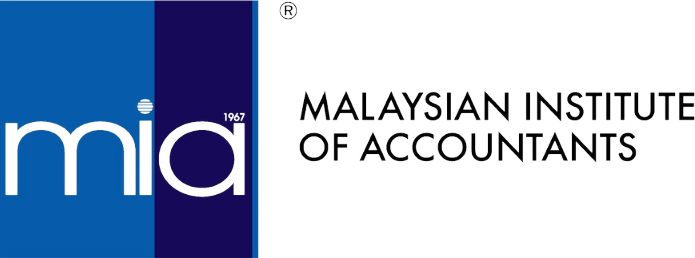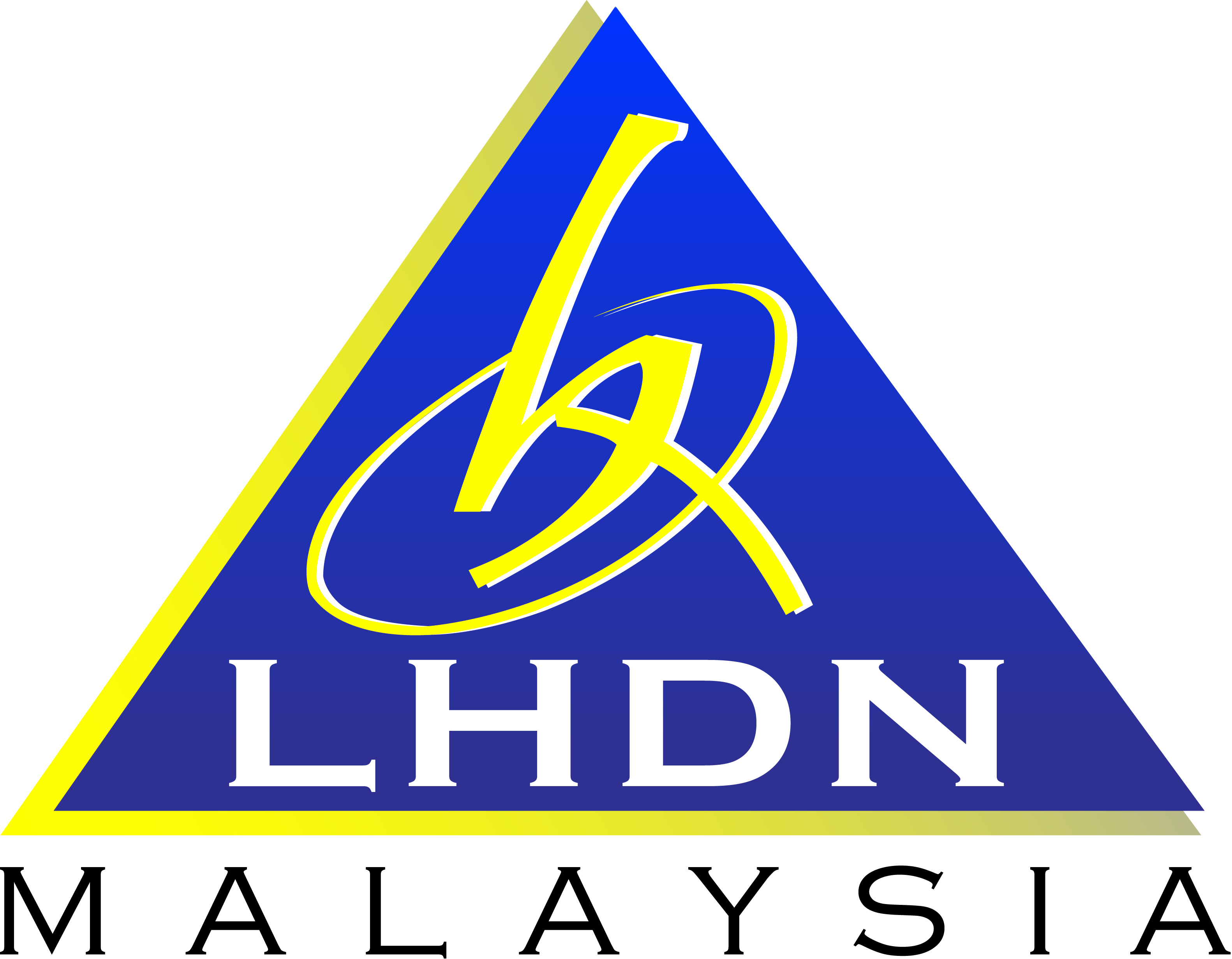Understanding employee benefits and statutory obligations in Malaysia is essential for businesses to ensure compliance and maintain employee satisfaction. From contributions to the Employees Provident Fund (EPF) to leave entitlements and medical benefits, employers must adhere to Malaysian labor laws to avoid penalties and build a positive workplace.
This comprehensive guide covers key aspects of employee benefits in Malaysia and the statutory responsibilities employers must fulfill.
1. Statutory Contributions in Malaysia
Employers are required to make regular contributions to various funds and schemes for their employees:
Employees Provident Fund (EPF)
- A retirement savings scheme for employees.
- Employers contribute at least 12-13% of the employee’s monthly salary.
Social Security Organisation (SOCSO)
- Provides coverage for workplace injuries and disabilities.
- Employers contribute based on employee wages under two categories: Employment Injury Scheme and Invalidity Scheme.
Employment Insurance System (EIS)
- Offers financial assistance to employees who lose their jobs.
- Contributions to the Employment Insurance System (EIS) are set at 0.4% of the employee’s assumed monthly salary. 0.2% will be paid by the employer while 0.2% will be deducted from the employee’s monthly salary.
Human Resources Development Fund (HRDF) (Applicable to specific sectors)
- Employers in certain industries must contribute 1% of monthly wages for employee training and development.
2. Employee Benefits Required by Malaysian Labor Laws
Paid Leave Entitlements
- Annual Leave:
Employees are entitled to 8-16 days of paid leave annually, depending on their length of service. - Sick Leave:
Employees receive 14-22 days of sick leave, with additional hospital leave of up to 60 days per calendar year if required. - Maternity Leave:
Female employees are entitled to 98 days of paid maternity leave. - Paternity Leave:
Employers often offer 3-7 days of paternity leave
Public Holidays
- Employees are entitled to a minimum of 11 paid public holidays per year, including The National Day.
Overtime Pay
- Employees earning below RM4,000/month are eligible for overtime pay at 1.5-2 times their hourly rate, depending on the hours worked and public holidays.
3. Common Voluntary Benefits Offered by Employers
While not mandatory, many employers in Malaysia offer additional benefits to attract and retain talent:
- Health Insurance:
Group medical insurance covering outpatient, inpatient, and specialist treatments. - Allowances:
Travel, meal, or housing allowances. - Bonuses:
Performance-based or annual bonuses to reward employees. - Flexible Work Arrangements:
Remote work or flexible hours. - Training and Development:
Opportunities for professional growth through workshops or certifications.
4. Employer Statutory Obligations
To comply with Malaysian labor laws, employers must:
- Register employees with EPF, SOCSO, and EIS upon hiring.
- Ensure timely payment of statutory contributions.
- Provide detailed pay slips with accurate deductions and contributions.
- Maintain proper employee records for audits and inspections.
- Issue Form EA annually for employee tax declarations.
5. Penalties for Non-Compliance
Failure to fulfill statutory obligations can result in:
- Fines and penalties imposed by regulatory authorities like EPF and SOCSO.
- Legal action for breach of labor laws.
- Reputational damage, impacting employee trust and retention.
How Amaze Payroll Simplifies Employee Benefits Management
Amaze Payroll offers tailored payroll outsourcing services to help businesses manage employee benefits and statutory obligations efficiently. We ensure:
- Accurate calculation and submission of EPF, SOCSO, EIS, and PCB contributions.
- Compliance with Malaysian labor laws and tax regulations.
- Timely issuance of pay slips, reports, and Form EA.
- Expert guidance on statutory updates and employee benefits.
By outsourcing to Amaze Payroll, businesses can reduce administrative burdens and focus on growth.
Conclusion
Understanding and managing employee benefits and statutory obligations in Malaysia is critical for compliance and fostering a supportive work environment. Employers who prioritize these responsibilities will not only avoid penalties but also attract and retain top talent.
Disclaimer
The information provided in this article is intended for general informational purposes only and may not reflect the most current regulations or legal developments. Payroll laws and requirements in Malaysia are subject to change, and we recommend consulting with a professional or official government resources for the latest updates. Amaze Payroll is not liable for any inaccuracies or actions taken based on this article.









